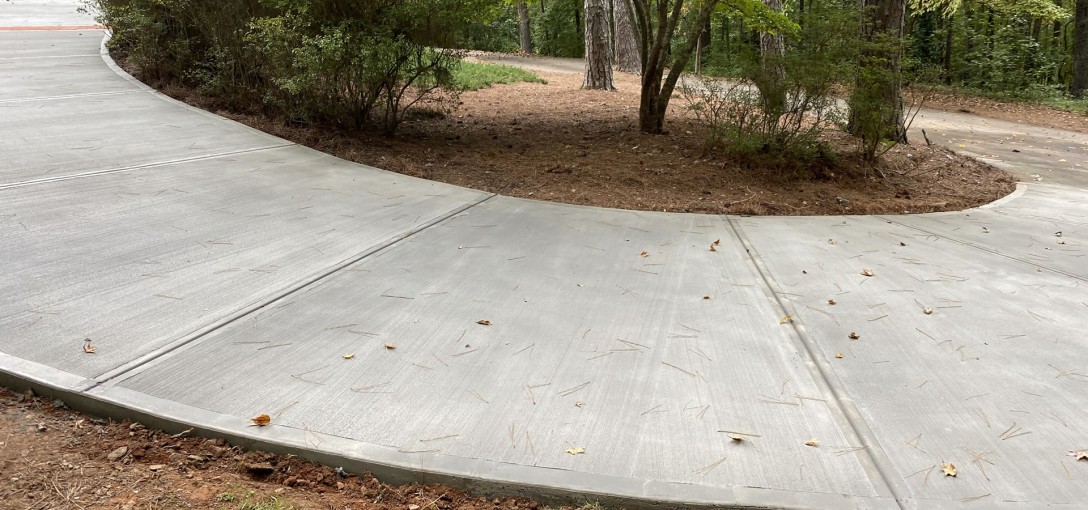Concrete is one of the most used construction materials to build roads, patios, buildings, large structures, dams, bridges, and many more. Although concrete is a huge part of our society, what do we know about it? Concrete Xperts is an established company in the concrete industry and comprises professionals who bring a new level of artistry and design to various construction projects. After years of providing proprietary concrete resurfacing techniques to enhance the aesthetics of existing concrete on commercial and residential properties, we realized that a successful project needs quality materials. This means answering the various questions that most clients have about concrete. These questions include:

